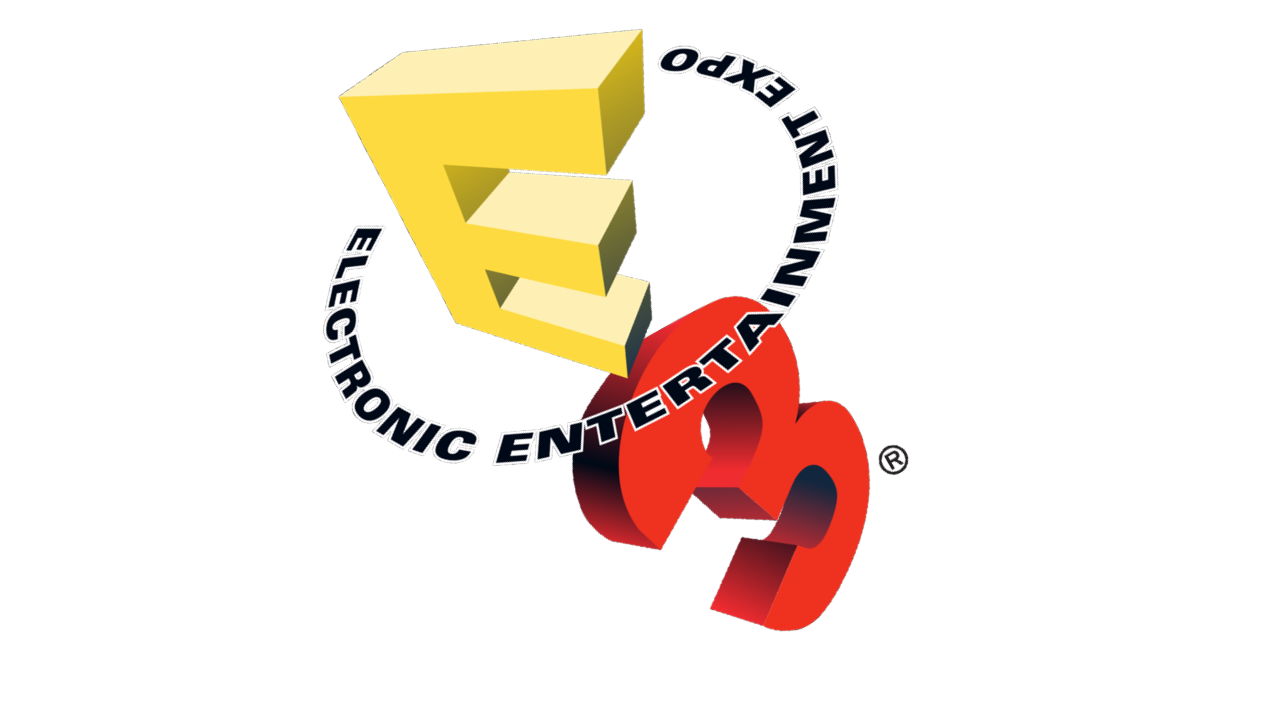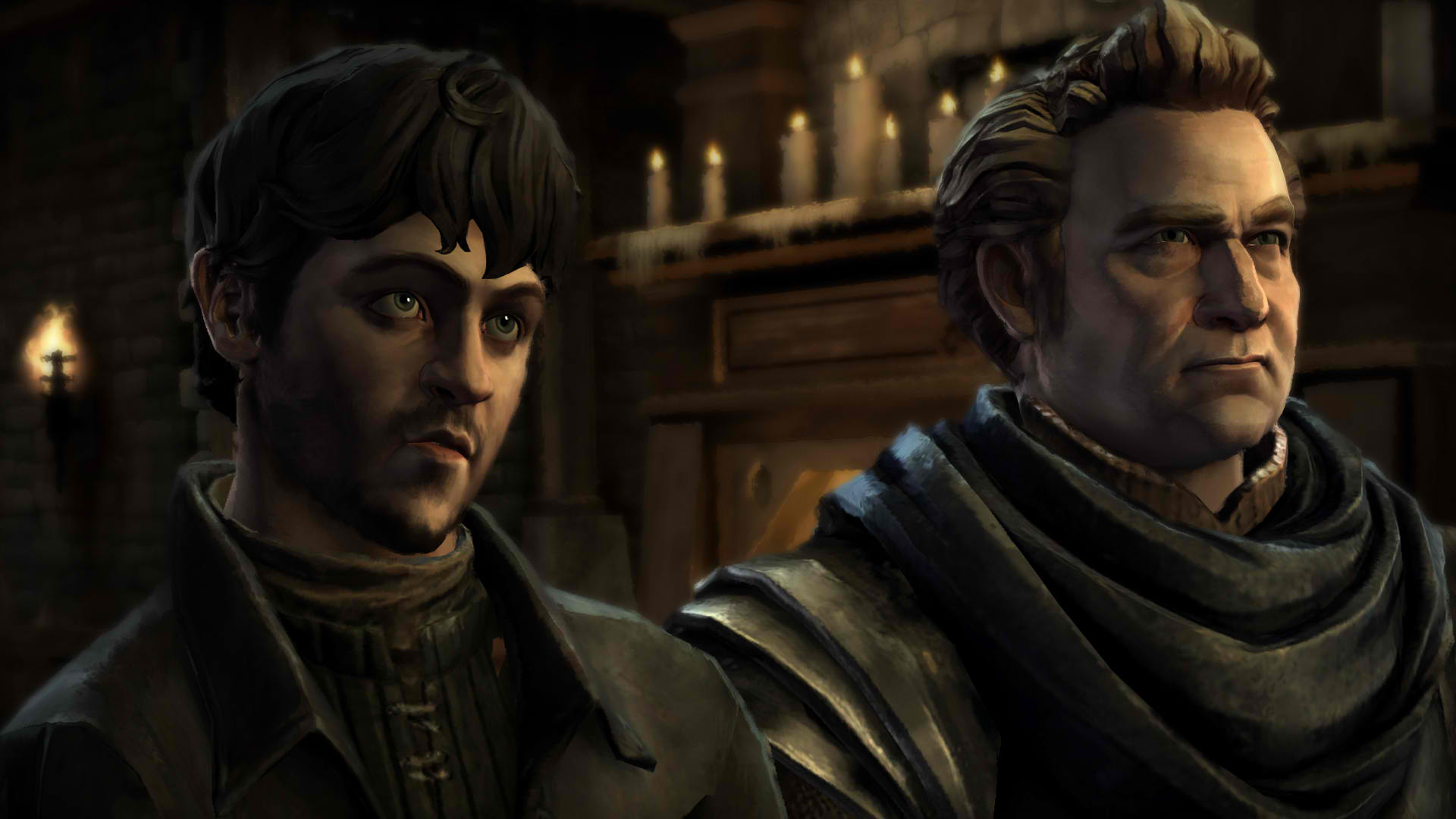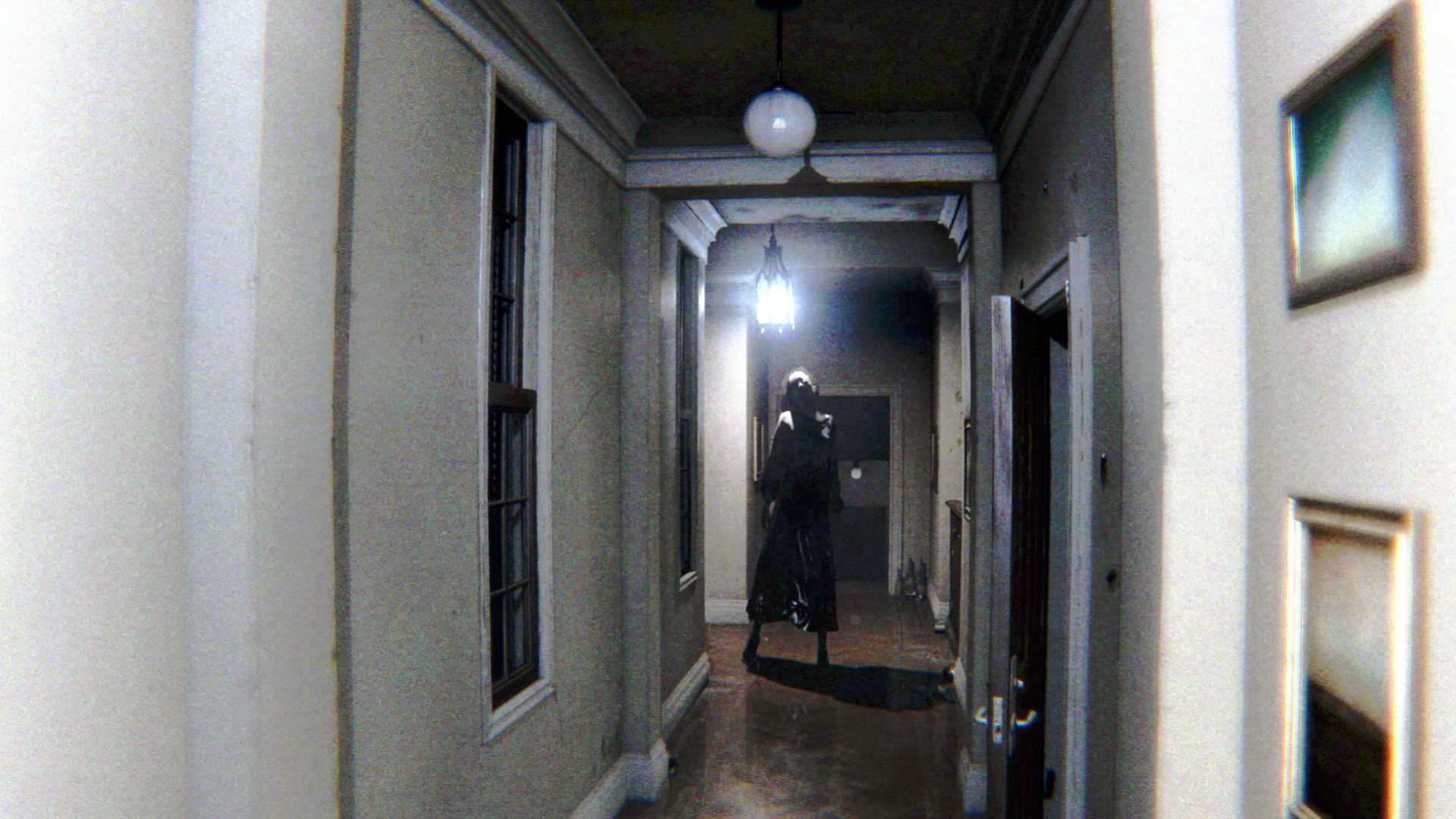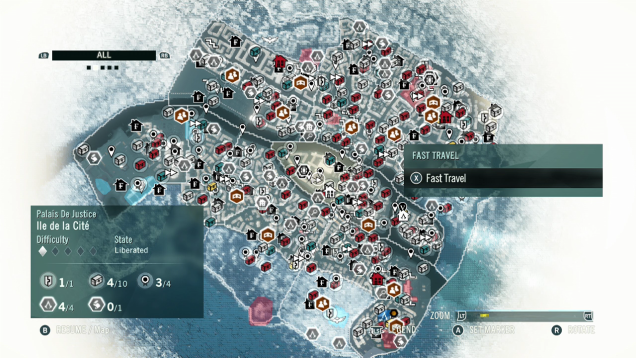 Early this year, I wrote a piece on the state of broken game launches and the mentality of fixing a title after release. Not much has changed since that was published, especially in regards to PC games. While the PC platform was finally starting to get consistently strong ports from console-focused developers toward the end of the last console generation, now that the PS4 and Xbox One have launched, many developers are again focusing their efforts on console games and then offloading half-assed ports to PC. We saw it earlier this year with Warner Bros.’ Mortal Kombat X, which frequently crashed on users and, when a patch was released to fix the problem, ended up erasing their saved games.
Early this year, I wrote a piece on the state of broken game launches and the mentality of fixing a title after release. Not much has changed since that was published, especially in regards to PC games. While the PC platform was finally starting to get consistently strong ports from console-focused developers toward the end of the last console generation, now that the PS4 and Xbox One have launched, many developers are again focusing their efforts on console games and then offloading half-assed ports to PC. We saw it earlier this year with Warner Bros.’ Mortal Kombat X, which frequently crashed on users and, when a patch was released to fix the problem, ended up erasing their saved games.
Just this month, yet another disastrous PC launch occurred with a different Warner Bros. title. Batman: Arkham Knight is abysmal on PC, requiring absolutely top-of-the-line PC components to even maintain 30 fps without major stuttering. The game forces a 30 fps framerate lock on users as well, frustrating people with high-end machines, and is missing several visual effects present in the console versions of the game. Even worse, most computers that can handle the game’s specs slow to a crawl during many of the batmobile segments. The game requires a $1000+ machine to get visuals and performance that is still inferior to the $350 Xbox One.
Continue reading Steam Refunds and the Importance of Culpability In Game Sales



